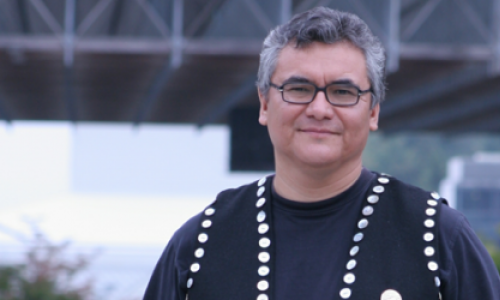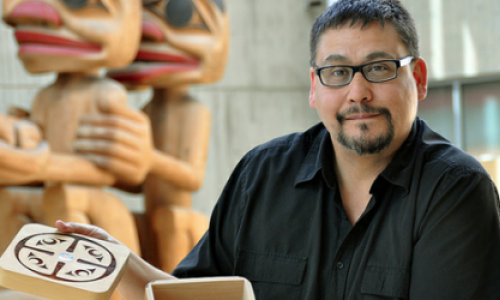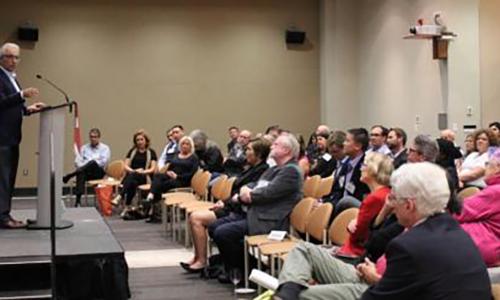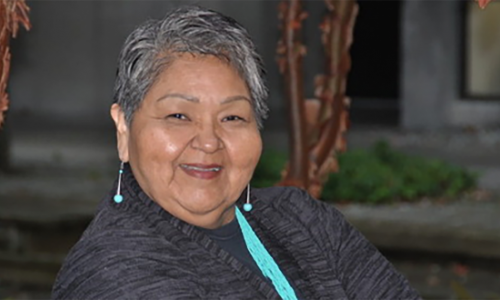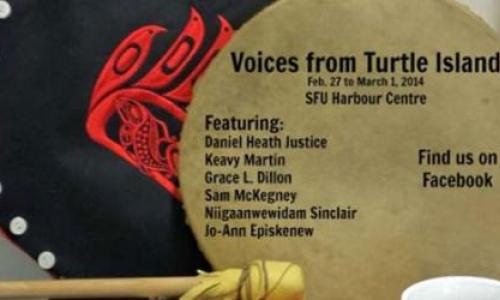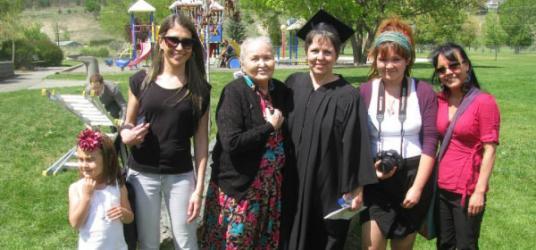
I am currently in the process of applying for graduate studies with SFU. I had absolutely no clue what I was supposed to do. For some reason, I assumed that everyone knows just what they are doing except me so I found myself feeling inadequate and stupid. I started to doubt my abilities and second-guessing my decision to pursue a master’s degree. However, after a little research I realized that perhaps it isn’t so difficult after all. But because of my own feeling of fumbling in the dark, I thought this would be a good opportunity to share a little of what I have learned through this process over the last several weeks.
Online Application
SFU’s online application can be found on the Student Information System. Once you begin the online application, you are given 30 days to complete it. This does not mean that you have to have everything submitted; this just means you have to finish the preliminary part of the application. They use this information to separate your subsequent application into the appropriate departments.
Once the online application is submitted you receive links to upload various files, such as your statement of interest, research proposal and necessary transcripts. During the online application you are asked to provide your references’ email addresses. This is because they will receive a link to which they can upload your reference letter. This makes it simple and painless for you and for your references.
You will be required to write a little about your areas of interest and your research goals. Keep this information because you can refer to it as you write your statement of interest.
Supervisors
You will be required to search for potential supervisors in your area of study. You do not need to have a commitment from a supervisor, but you do need to have made contact with prospective supervisors and have received positive feedback.
-
SFU’s site Finding A Supervisor provides excellent information to help with this process.
-
This link provides information regarding how to initiate contact with a potential supervisor.
Finding Potential Supervisors
-
This link Finding Potential Supervisors gives you a search option to find potential supervisor by keyword, name or department search. From there you are directed to a list of names and their research areas.
Contacting Potential Supervisors
Once you've identified one or two potential supervisors, you should contact them by email. Here are some items to include in your initial brief contact email.
-
Your name
-
Academic background (your GPA must be over 3.0, or equivalent)
-
Academic awards or highlights
-
Research experience
-
Why you wish to enter graduate studies
-
Why the faculty member's area of research will match with your research goals (cite the faculty member's publications if relevant)
-
Make it clear that you are familiar with their work and how their research interests mesh with your own (if there is a research idea in one of their papers that you would like to explore in your work, explain that briefly)
-
A research proposal, if appropriate
-
Ask them specifically if they are accepting new graduate students for the coming academic year.
Supporting Documents
Once the online application is completed and submitted, the links for uploading your supporting documents will be provided in the Student Information System. The necessary documents are:
-
Two writing samples
-
Additional documents such as additional writing samples or a CV (optional)
-
CV stands for Curriculum Vitae. It is a biographical account of your experience and accomplishments similar to a résumé. You might include your education and qualifications as well as include any pertinent information that you think will benefit your application. This might be, work experience, achievements, interests and references.
-
-
Three references; two of those academic.
-
All post secondary transcripts. Past college transcripts can be non-official.
-
Statement of Interest
Statement of Interest
Your statement of interest is a three to four page summary of your proposed research as a graduate student. You are not committed to your proposal as many grad students change their direction over time. You should be specific about what you plan to research.
-
This site, How to Write a Great Statement of Purpose provides excellent advice on how to get started. For example, start with a hook, an interesting piece of information about how you found yourself in your area of study.
-
Your research proposal should include information such as:
-
What your dissertation is about
-
Probable questions that you’re going to be examining
-
Some reference to the theoretical background
-
Research methods you’re going to be using (empirical or non-empirical)
-
This process may seem intimidating but when taken one step at a time, it is very possible. My suggestion would be to start early. I began in September with the online application and I am grateful that I did. I have had time to speak to many different people including current grad students, past grad students and various professors. I have been able to show my support people my statement of interest and ask for feedback in order to improve my work. I was able to ask my references for their support early and give them time to write their letters. There is no benefit to submitting early so I am giving myself as much time as possible to deliver the best possible application that I can. And above all else, believe in yourself and trust that you are capable of making your dreams a reality.











